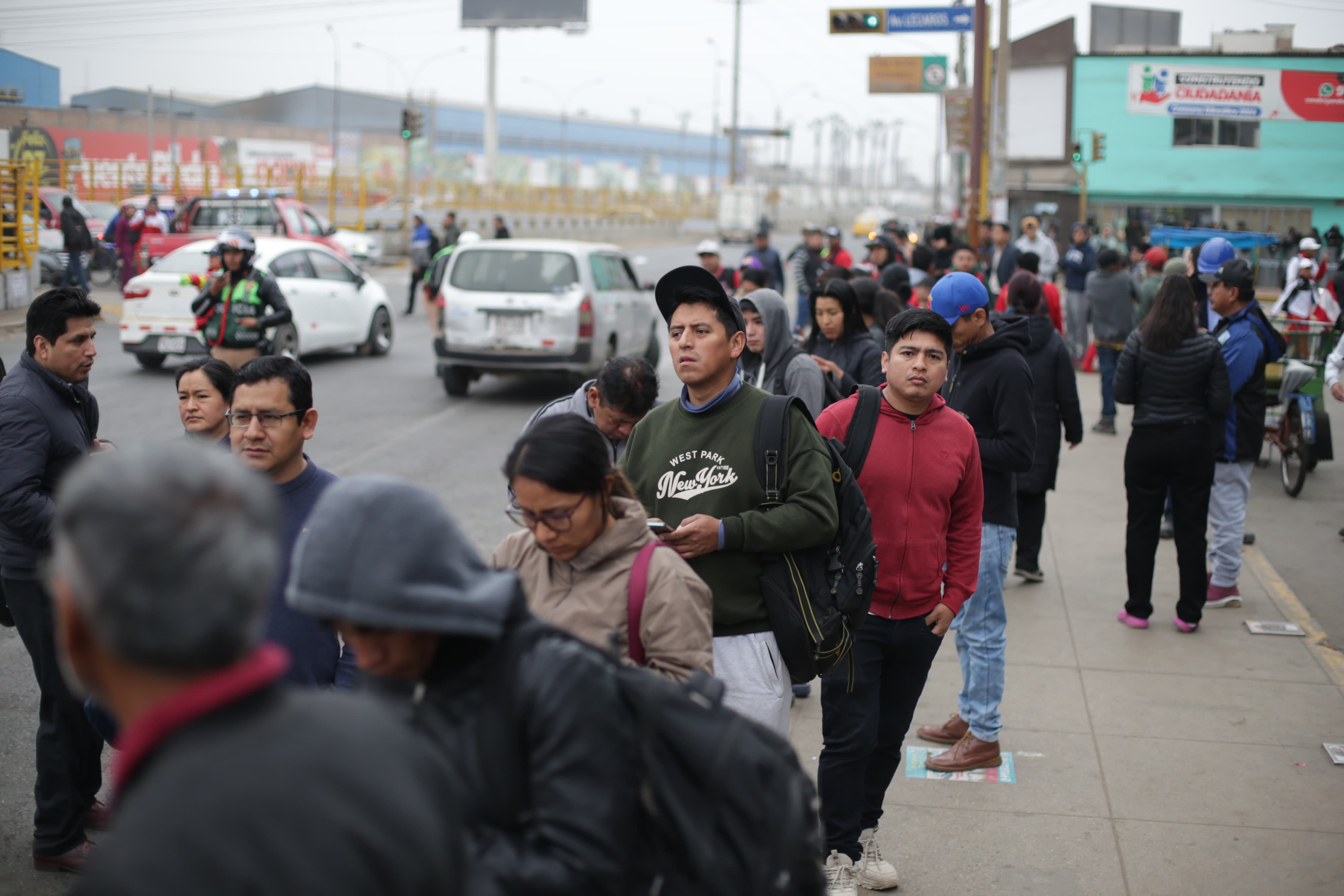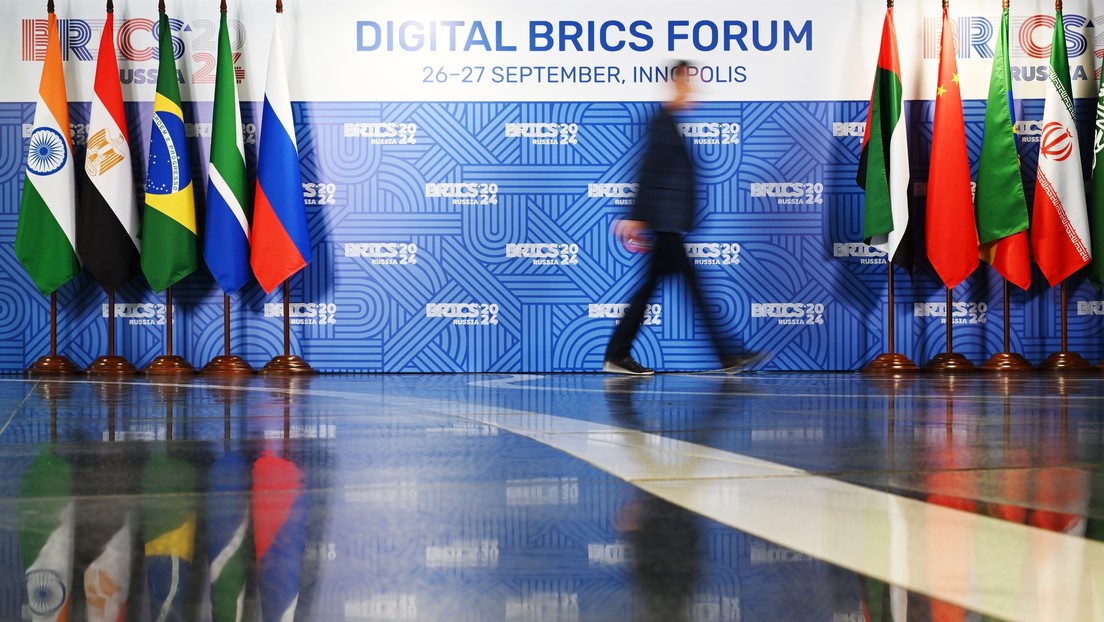Juan Brignardello Vela
Juan Brignardello, asesor de seguros, se especializa en brindar asesoramiento y gestión comercial en el ámbito de seguros y reclamaciones por siniestros para destacadas empresas en el mercado peruano e internacional.




The recent decision by the Federal Court of Buenos Aires, Argentina, to order the arrest and interrogation of Venezuelan President Nicolás Maduro and his right-hand man, Diosdado Cabello, has generated a significant impact on the political and judicial landscape of Latin America. This action is framed within a context where human rights violations in Venezuela have been systematic and widely documented by various international organizations. Judges Pablo Bertuzzi, Leopoldo Bruglia, and Mariano Llorens argued that both Maduro and Cabello are responsible for a “systematic plan” of torture, kidnappings, and executions orchestrated from the highest levels of the Venezuelan government. The court's resolution is based on the testimonies of numerous victims who have found refuge in Argentina, who recounted their experiences of abuse and terror under Maduro’s regime. This tribunal has emphasized the importance of these testimonies, noting that they demonstrate a common pattern of violations, reflecting the brutality of the Venezuelan state and its lack of commitment to democratic norms. The evidence collected is considered sufficient by the court to proceed with the immediate interrogation of the accused. In a context of growing international concern over the situation in Venezuela, the Argentine Federal Court has decided to act due to the severity of the reported facts, stating that human rights violations continue to be perpetrated to this day. The judges have expressed their desire to avoid hindering the investigation and to prevent future victims of a system that has shown absolute contempt for the lives and rights of its citizens. It is important to highlight that the request for arrest was spearheaded by lawyer Tomás Farini Duggan, who represents the NGO Argentine Forum for Democracy in the Region (FADER). This organization has worked alongside other foundations and activists in defending human rights in the region, receiving support from figures such as Nobel Prize winner Mario Vargas Llosa, which has raised the profile of the complaint and highlighted the urgency of the situation. The judicial action has elicited reactions from Caracas, where the Supreme Court of Justice of Venezuela has requested preventive measures against high-ranking Argentine officials, accusing them of a series of crimes related to the Argentine government's actions in the case of the Iranian-Venezuelan plane. This exchange of accusations illustrates the level of tension between the two countries and underscores the complexity of the context in which this situation unfolds. The decision made by the Argentine judiciary is grounded in the principle of Universal Jurisdiction, which allows a country to prosecute crimes against humanity regardless of where they were committed. This legal figure has played a fundamental role in Argentina's recent history, a country that has faced its own legacy of dictatorships and human rights violations. In this regard, prosecutor Carlos Stornelli has initiated an investigation to determine the human rights violations in Venezuela, in an effort to bring justice to the victims. Accusations against Maduro's regime are not new; however, the recent escalation of the political situation in Venezuela and the repression during the presidential elections have rekindled international attention on these crimes. Allegations of executions, forced disappearances, and torture have been corroborated by reports from international bodies documenting the systematic violence exercised by the Venezuelan state. Amid this landscape, the ruling of the Federal Court has been met with jubilation by opposition sectors and human rights defenders in Argentina, who see this decision as a significant step toward justice and accountability in the region. Security Minister Patricia Bullrich and other officials have expressed their support for this cause, stating that Argentine justice is helping to curb the impunity of authoritarian regimes in Latin America. The impact of this decision could extend beyond Argentine borders, establishing a precedent for other countries facing similar situations. Argentine justice could become a model for the exercise of international accountability in cases of serious human rights violations. However, it is also necessary to consider the possible diplomatic repercussions that this action may entail, as well as the need to protect victims and witnesses from reprisals by the Venezuelan regime. As the investigation progresses and Interpol's action for the arrest of Maduro and Cabello is anticipated, the world will be watching how this situation unfolds, not only in legal terms but also in the broader context of the struggle for democracy and human rights in Latin America.
Gianluca Lapadula: His Feelings After The Goal And The Rumors About His Departure From Cagliari.

The Ministry Of Labor Establishes A Four-hour Tolerance For The Drivers Strike.

"Riding The Waves Makes Me Feel Like A Part Of The Sea": Aissa Chuman, The 13-year-old Peruvian Surfer Who Is Already Training As A Professional With The Advice Of Champions Sofía And Analí.

:quality(85)/cloudfront-us-east-1.images.arcpublishing.com/infobae/NWYRQ5C7JFB7VE7WTBKU4CYSYI.jpg)



:quality(85)/cloudfront-us-east-1.images.arcpublishing.com/infobae/J4AUOJ3DARGTDIQVUNQ373YVKI.jpg)

:quality(85)/cloudfront-us-east-1.images.arcpublishing.com/infobae/7LOV7VN7OBB5XJ765PCWOJVPDE.jpg)